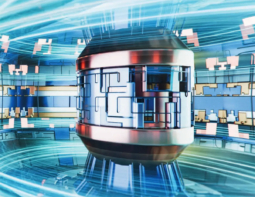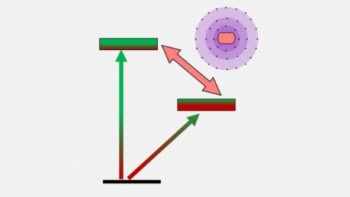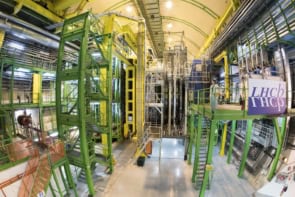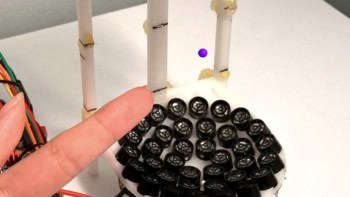Building a clock based on a nuclear transition has long been a goal of metrologists. As well as offering the potential of greater accuracy than atomic clocks, such a timekeeper could be more immune to external noise and could also be used to probe new physics beyond the Standard Model.
However, the challenges have been many and until recently researchers had not even managed to make a direct observation of the radiation associated with a potential nuclear-clock transition.
That changed earlier this year, when a team of researchers working at the ISOLDE experiment at CERN made the first direct observation of vacuum ultraviolet light from a transition in thorium-229. This episode of the Physics World Weekly podcast features team member Sandro Kraemer of the Institute for Nuclear and Radiation Physics at Belgium’s Catholic University of Leuven. He explains why physicists are keen on building a nuclear clock, why it has been so difficult, and what the ISOLDE measurement means for the future of timekeeping.



